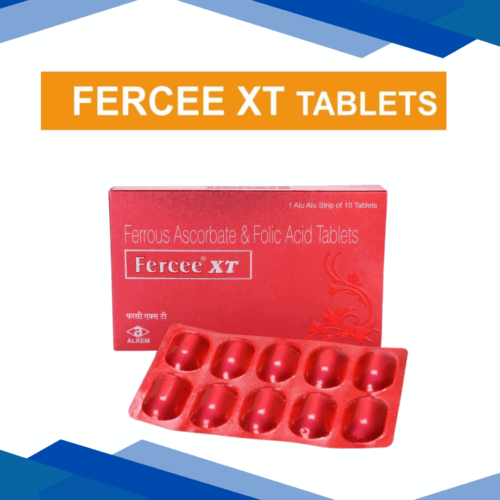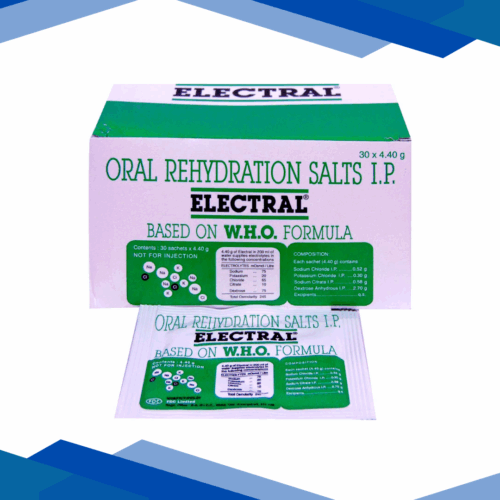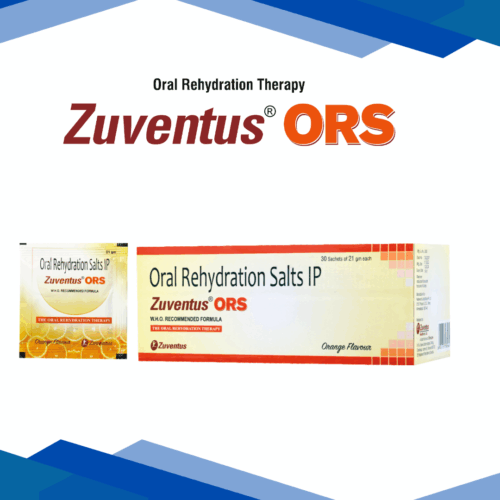ELECTROLYTE
Overview
Electrolytes are minerals in your body that carry an electric charge. They help your body work properly by balancing fluids, supporting muscle movement, and keeping your heart and brain functioning right. You get them from food, drinks, and supplements.
Classification
Electrolytes include several important minerals, such as:
Sodium
Potassium
Calcium
Magnesium
Chloride
Phosphate
Bicarbonate
They’re called “electrolytes” because they help carry electric signals in the body.
Uses
Electrolytes help with:
Keeping the body’s fluid levels balanced
Supporting muscle function (including the heart)
Helping nerves send messages
Controlling blood pressure
Maintaining a healthy pH (acid-base) level
How It Works
Electrolytes dissolve in body fluids like blood, sweat, and urine. When they dissolve, they produce tiny electric charges that help muscles contract, nerves send signals, and cells stay balanced with the right amount of water.
Dosage
As prescribed by your doctor.
Side effects
If your electrolyte levels are too high or too low, you may experience:
Muscle cramps
Weakness or fatigue
Confusion or dizziness
Irregular heartbeat
Nausea or vomiting
In serious cases, it may lead to seizures or unconsciousness
Precautions
Losing too many electrolytes through sweating, diarrhea, vomiting, or dehydration can cause problems
Drinking too much or too little water can disturb the balance
People with kidney, heart, or hormone disorders may need to be careful with electrolyte levels
Taking supplements without medical advice can cause an imbalance
Disclaimer
This content is for informational purposes only. Always consult a healthcare provider for medical advice and proper dosage







